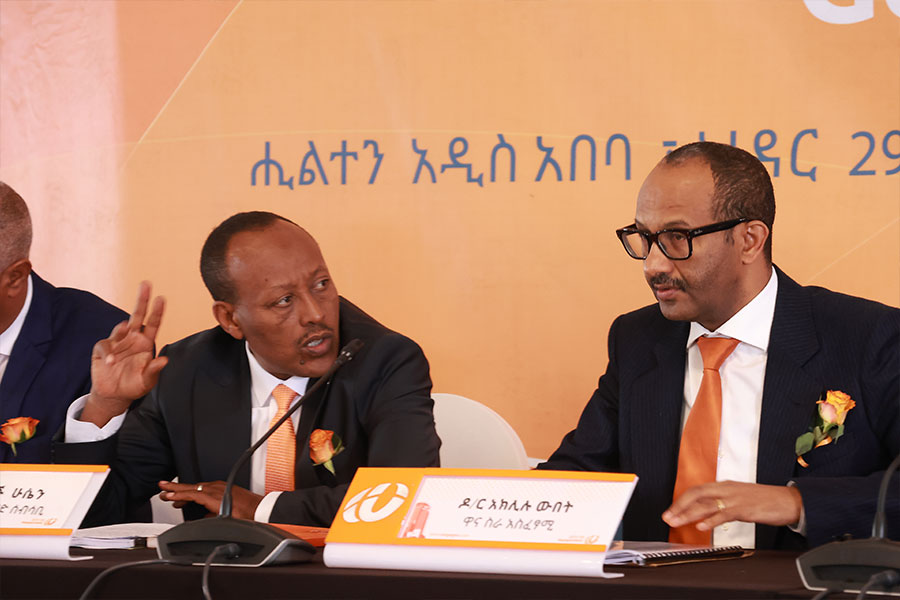
Radar | Dec 12,2023
Jul 17 , 2022
By Robel Mulat
While the United States provides hundreds of millions of dollars in critical humanitarian aid to the most vulnerable people in the Horn of Africa, thousands of workers have been laid off from their steady jobs at an industrial park due to a recent decision by the same country. Hawassa Industrial Park, which has over a dozen factories and around 35,000 employees, is facing a threat. Because Ethiopia has been suspended from the African Growth and Opportunity Act (AGOA), many jobs could be lost, affecting poor women, who disproportionately make up the majority of garment workers.
Ever since President Joe Biden decided to suspend Ethiopia from AGOA, it has been devastating to think of the potential impact on the factory workers, while the war actors have little to lose. As a Hawassa resident, I have yet to find a reasonable explanation for why they deserved this punishment.
What role did they play in the civil war? Why should they pay the price when they did nothing to contribute to the fighting?
I remember July 13, 2016, like it was yesterday. It was a bright and sunny day, as well as a hopeful one. Despite its reputation as a tourist destination, Hawassa became a source of hope for economic development and industrialisation following the establishment of the industrial park. The city’s residents were ecstatic during the inauguration, which promised to create 60,000 new jobs.
As a participant in that exciting inauguration ceremony, I recall how many other city dwellers were present and how optimistic they were about the park's future economic contribution. Authorities of the city looked forward to increased economic activity as a result of the park. Youths hoped they would get gainful employment and support their rural families.
It was not all perfect. Much has been written about low pay. Due to Ethiopia's high unemployment rate, workers are frequently forced to accept low-wage jobs. Other workers, on the other hand, are grateful for the employment, the work experience they receive and the promise of a steady job.
In 2020, President Biden was elected to office. Barely a year later, he decided to turn the hope into frustration using an untimely, unrelated, and unconvincing decision to suspend Ethiopia from AGOA.
I have met with a variety of workers who are currently in a difficult situation, particularly after global fashion giant PVH Corp closed its manufacturing facility and others gave warnings to quit. For many young women, insecurity over their job, combined with high inflation, has led to a sense of alienation and desperation. Almost a year since the Biden administration withdrew Ethiopia's benefits under the AGOA due to "gross violations of internationally recognised human rights," employees in the park are still at a loss how this relates to factory work.
Which types of human rights did they violate? Why should they, who support their families in the countryside, be punished?
There is much to be said about the economic and labour situation in the country. This much is true. A national minimum wage for industrial park workers is overdue. In addition, through collaboration with various colleges, it is necessary to raise awareness about how workers' living conditions can be improved.
However, when an unfair, untimely, and unreasonable action is taken against workers, most of them young women from rural areas, and many of them supporting households, we need to call it out loudly. If a person has a right to a dignified standard of living, is taking jobs away from them not a form of human rights violation? Is taking away people’s hopes and aspirations not a human rights violation?
Why should these innocent girls pay the price while contributing nothing to civil war?
One only hopes that the US president would reconsider the decision and that members of Congress would listen to the voices of thousands of strong young women. The workers' dreams and aspirations deserve to be restored. I am still hopeful.
PUBLISHED ON
Jul 17,2022 [ VOL
23 , NO
1159]


Radar | Dec 12,2023

Commentaries | Jun 07,2025

Fortune News | Oct 25,2025
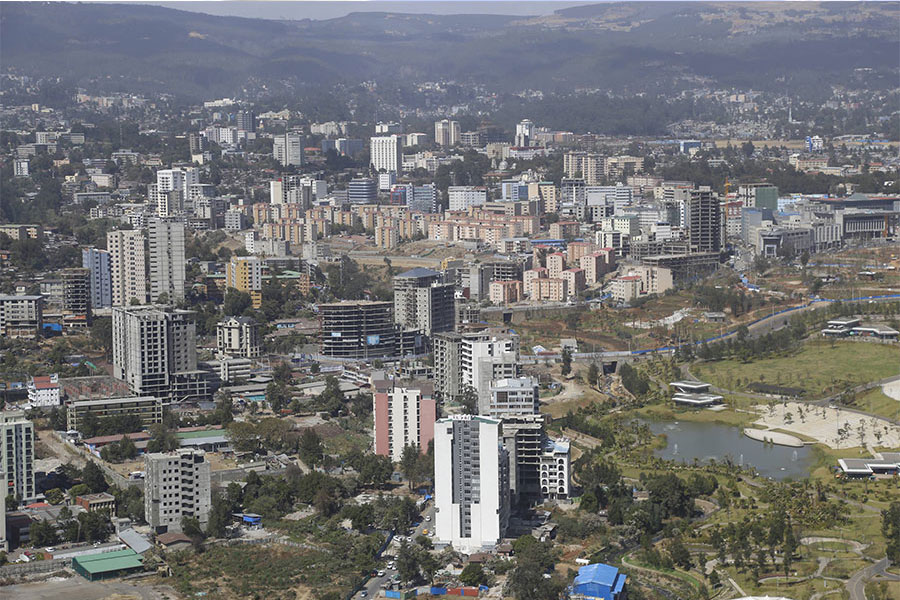
Fortune News | Dec 09,2023
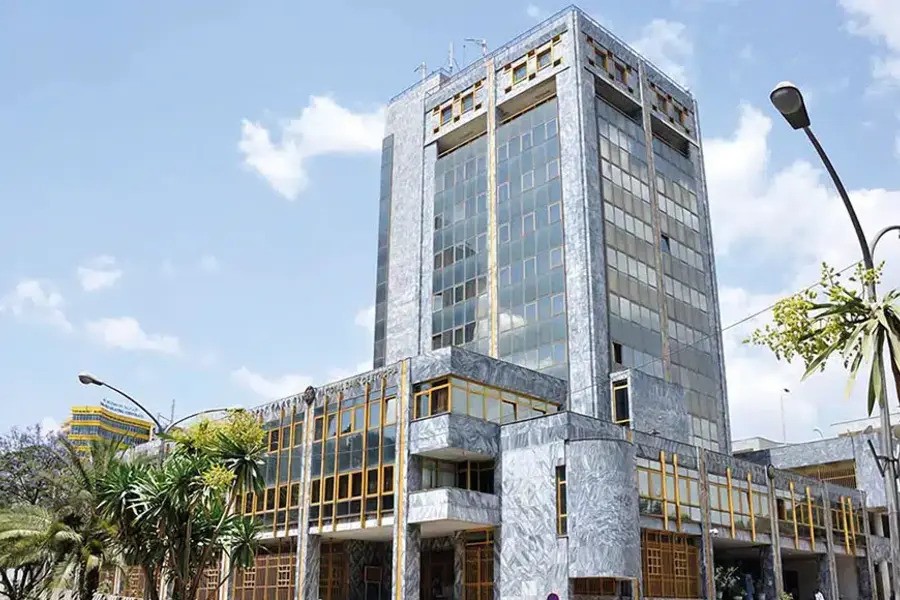
Fortune News | Aug 11,2024
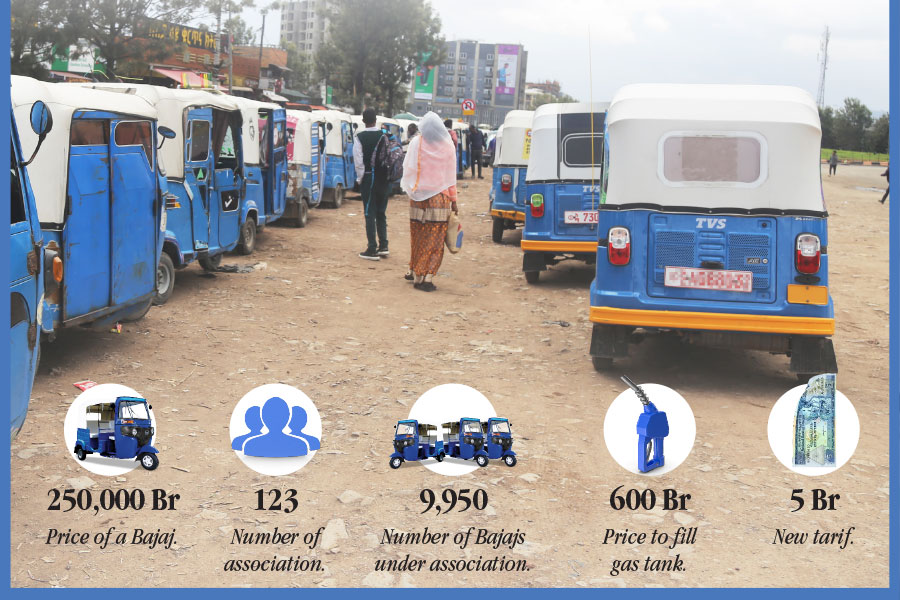
Fortune News | Apr 09,2023

Radar | Jul 13,2024

Radar | Nov 27,2023
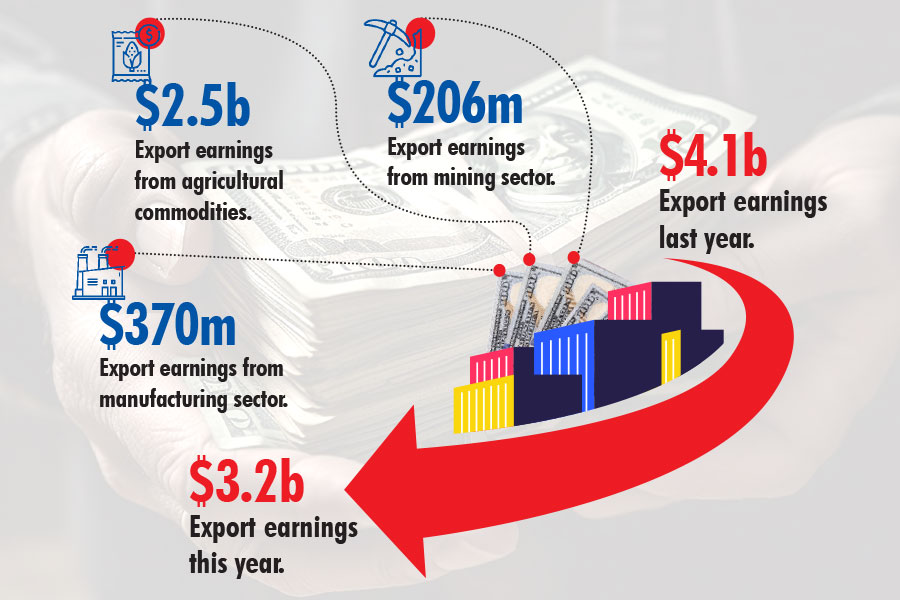
Fortune News | Jul 01,2023
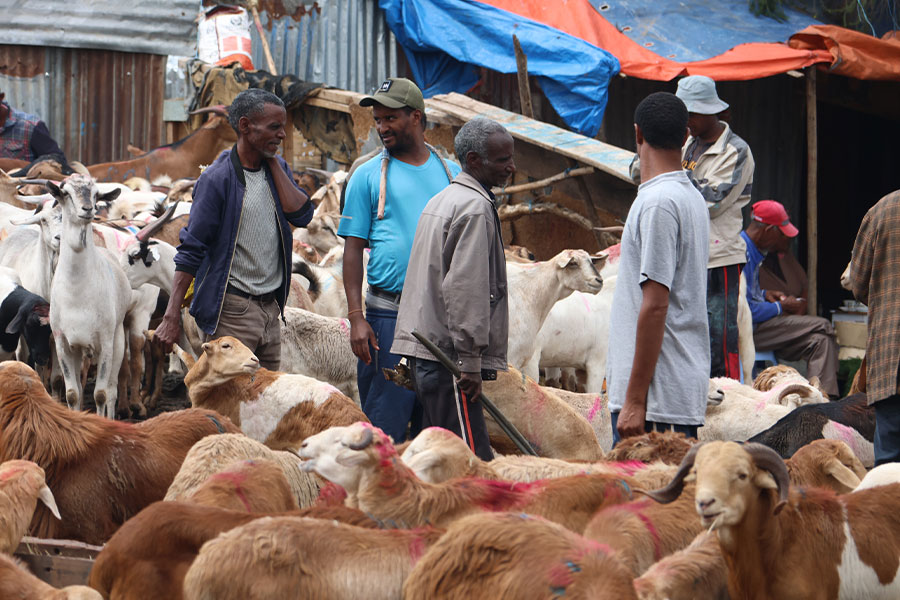
Agenda | Sep 07,2025

Photo Gallery | 179545 Views | May 06,2019

Photo Gallery | 169742 Views | Apr 26,2019

Photo Gallery | 160672 Views | Oct 06,2021

My Opinion | 137188 Views | Aug 14,2021
Commentaries | Oct 25,2025

Dec 22 , 2024 . By TIZITA SHEWAFERAW
Charged with transforming colossal state-owned enterprises into modern and competitiv...

Aug 18 , 2024 . By AKSAH ITALO
Although predictable Yonas Zerihun's job in the ride-hailing service is not immune to...

Jul 28 , 2024 . By TIZITA SHEWAFERAW
Unhabitual, perhaps too many, Samuel Gebreyohannes, 38, used to occasionally enjoy a couple of beers at breakfast. However, he recently swit...

Jul 13 , 2024 . By AKSAH ITALO
Investors who rely on tractors, trucks, and field vehicles for commuting, transporting commodities, and f...

Oct 25 , 2025
The regulatory machinery is on overdrive. In only two years, no fewer than 35 new pro...

Oct 18 , 2025
The political establishment, notably the ruling party and its top brass, has become p...

Oct 11 , 2025
Ladislas Farago, a roving Associated Press (AP) correspondent, arrived in Ethiopia in...

Oct 4 , 2025
Eyob Tekalegn (PhD) had been in the Governor's chair for only weeks when, on Septembe...

Oct 25 , 2025 . By YITBAREK GETACHEW
Officials of the Addis Abeba's Education Bureau have embarked on an ambitious experim...

Oct 26 , 2025 . By YITBAREK GETACHEW
The federal government is making a landmark shift in its investment incentive regime...

Oct 29 , 2025 . By NAHOM AYELE
The National Bank of Ethiopia (NBE) is preparing to issue a directive that will funda...

Oct 26 , 2025 . By SURAFEL MULUGETA
A community of booksellers shadowing the Ethiopian National Theatre has been jolted b...